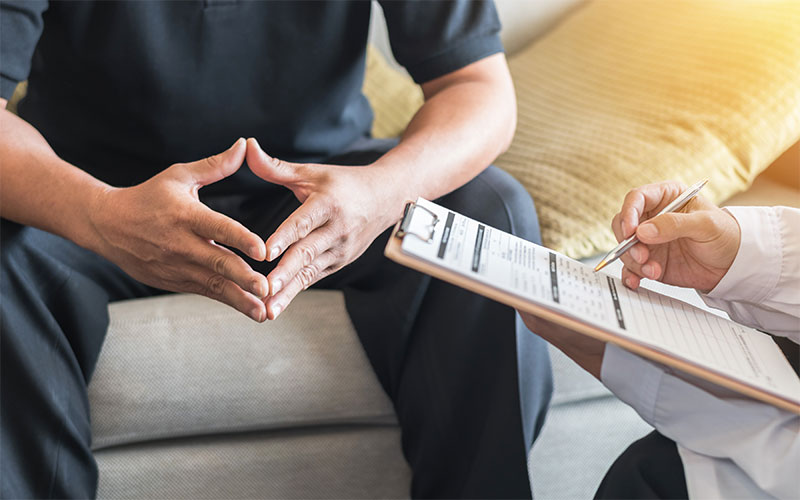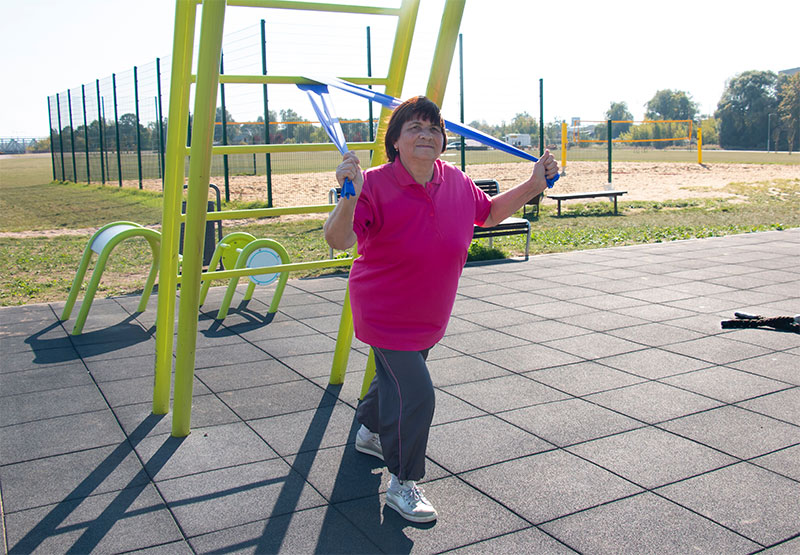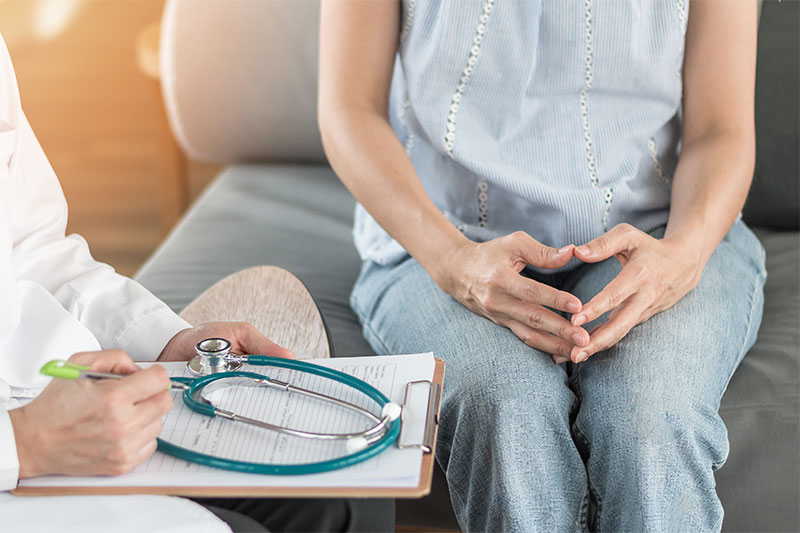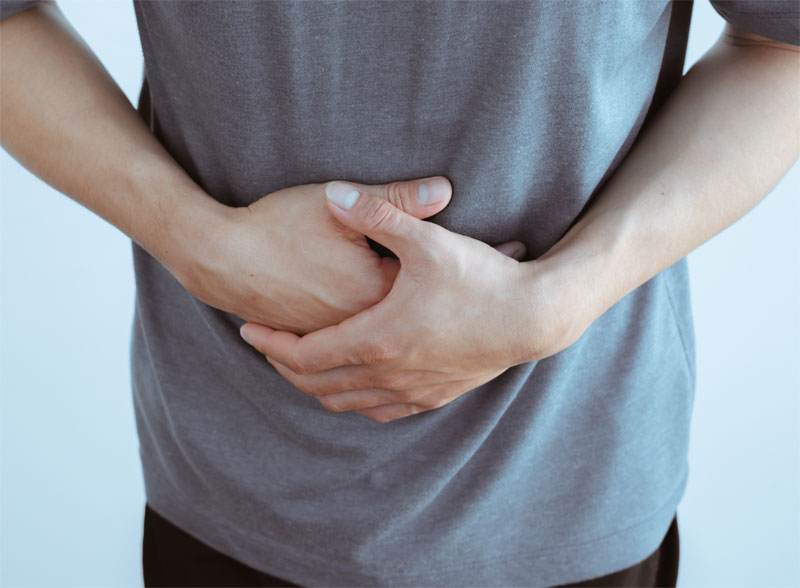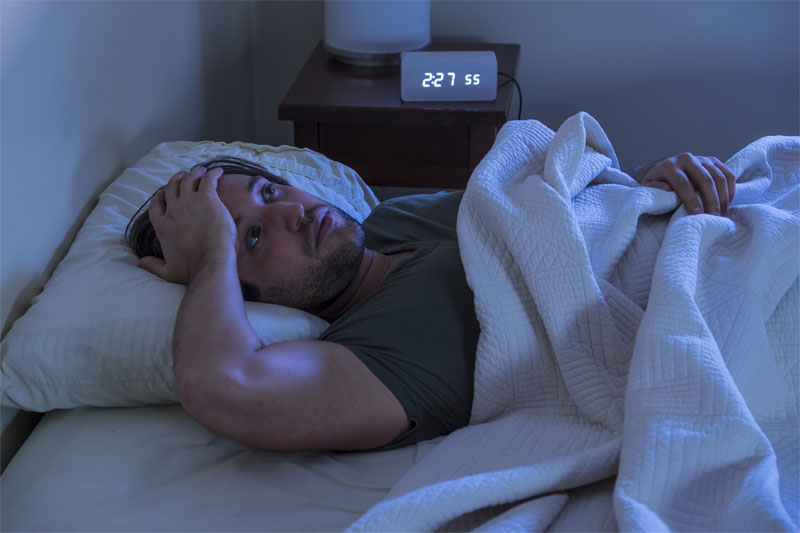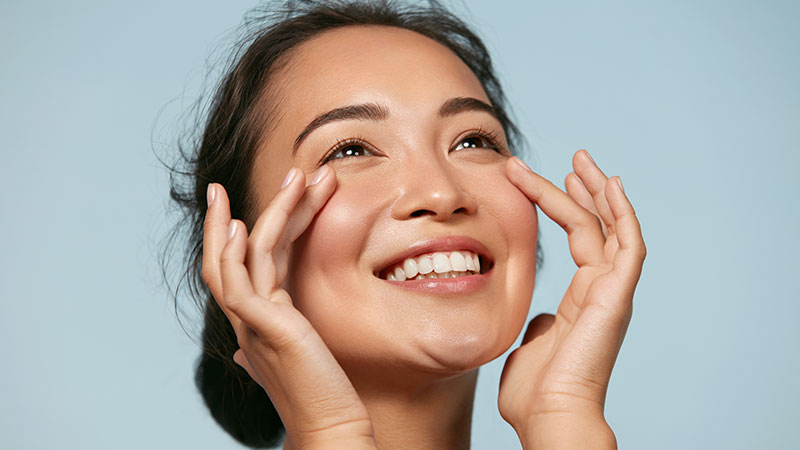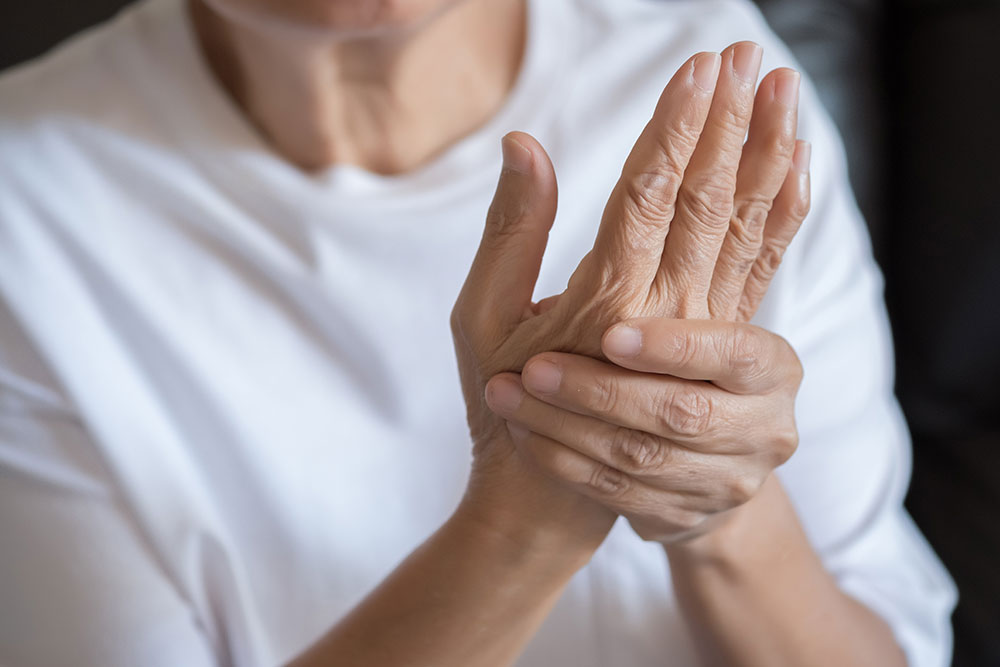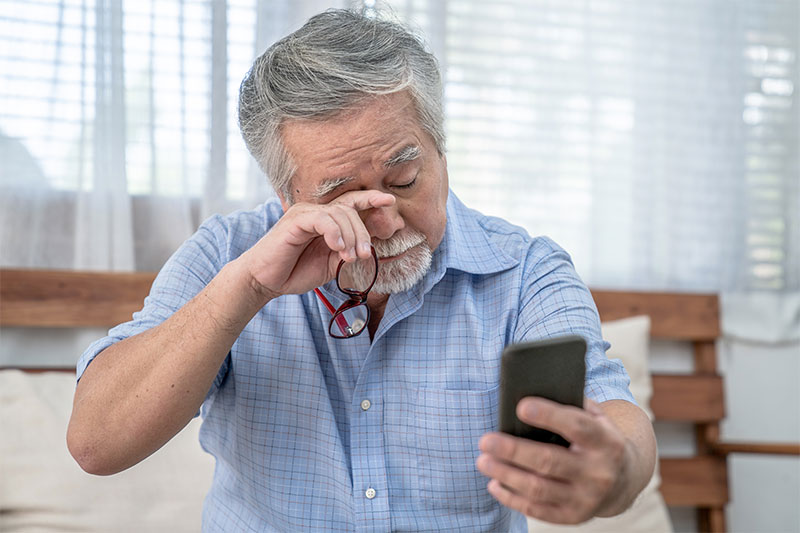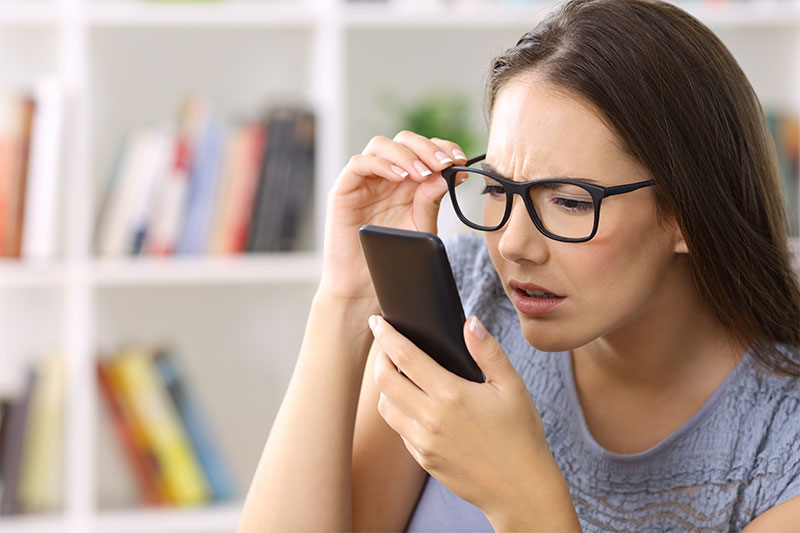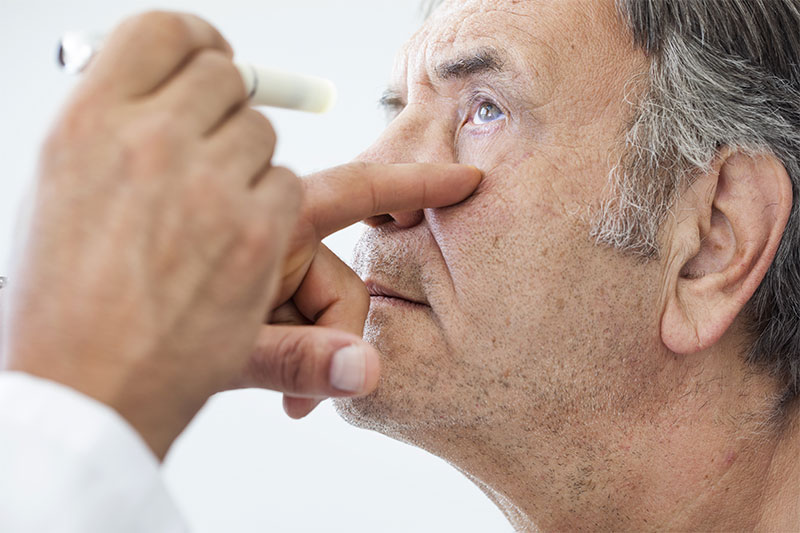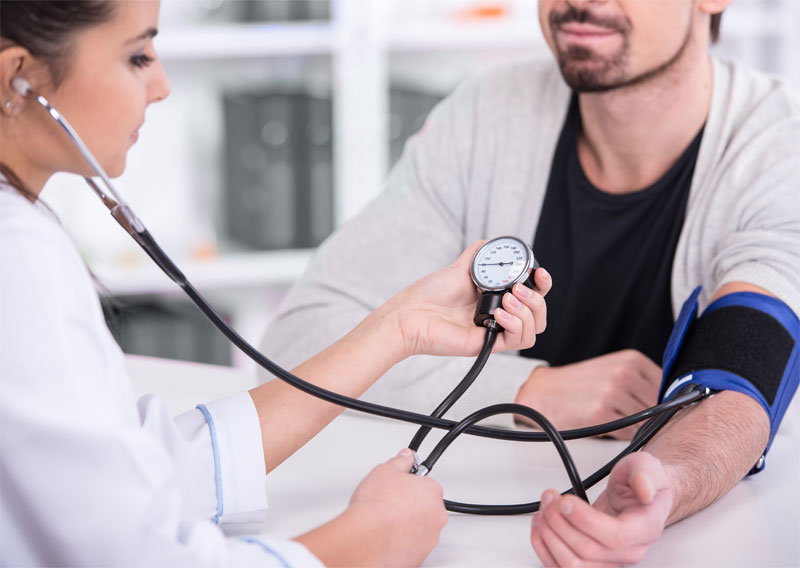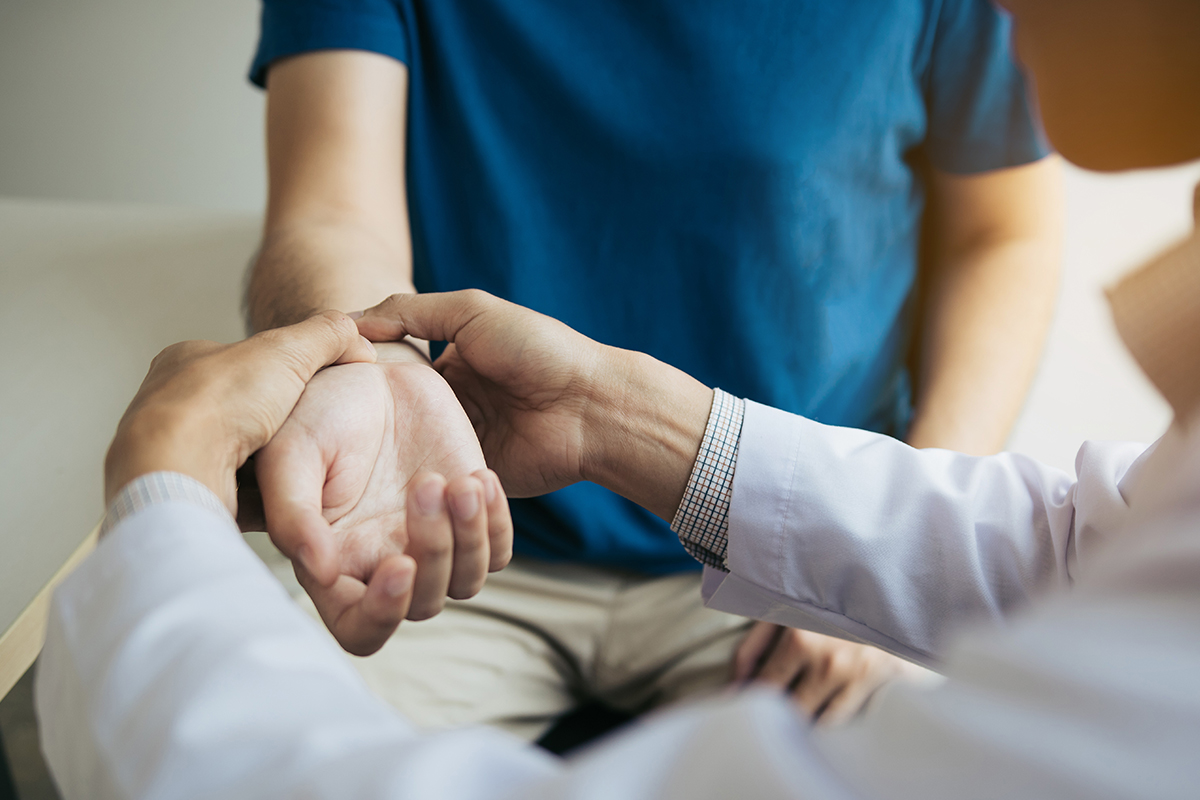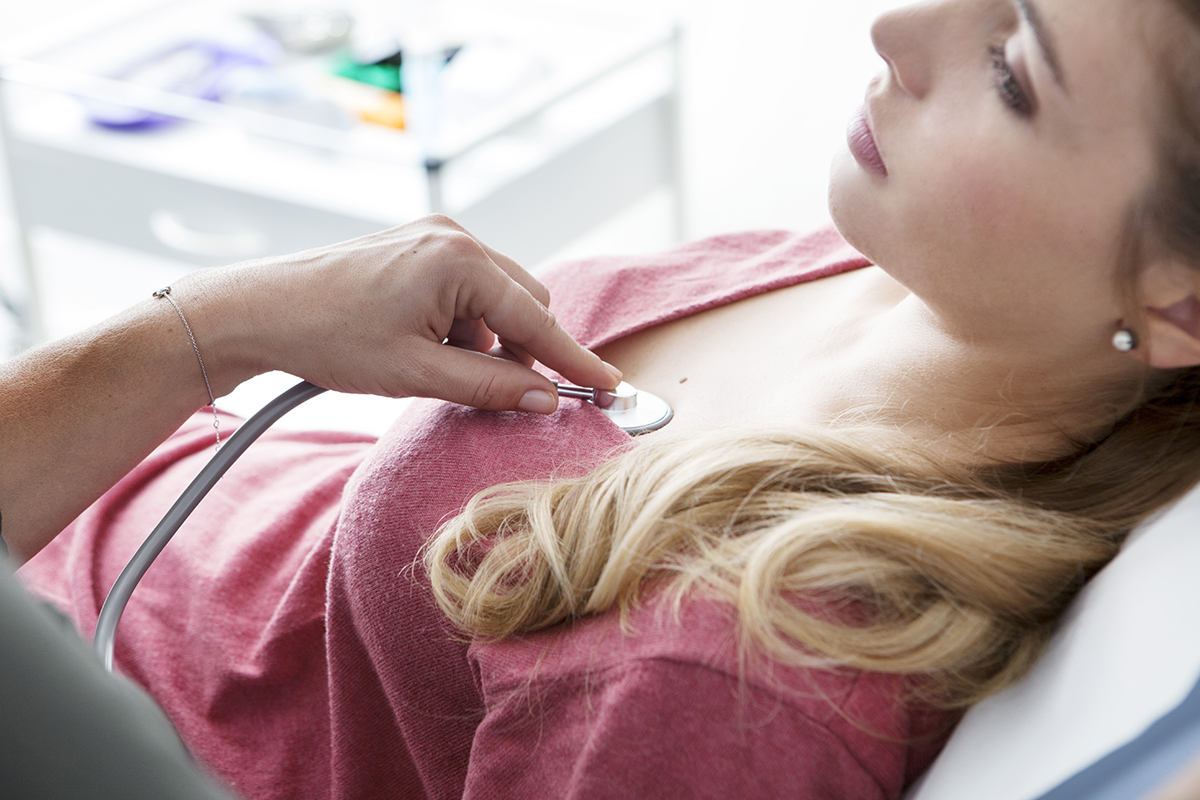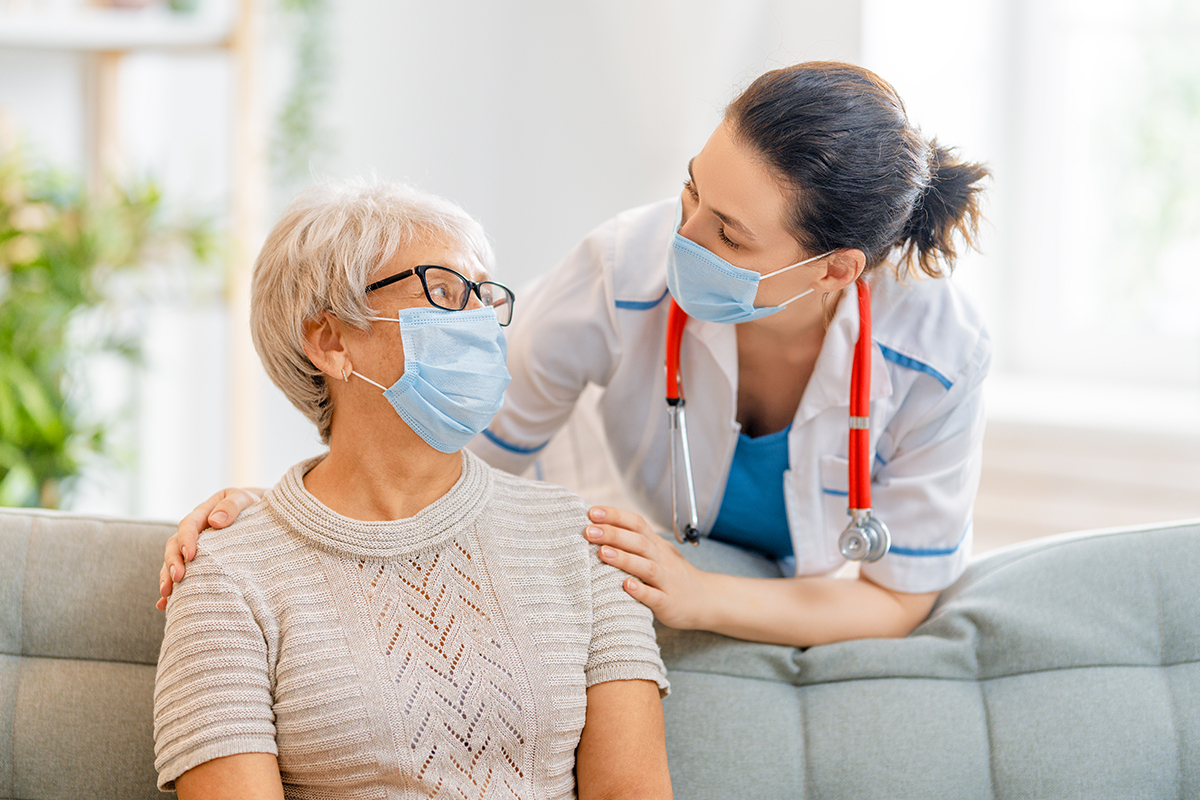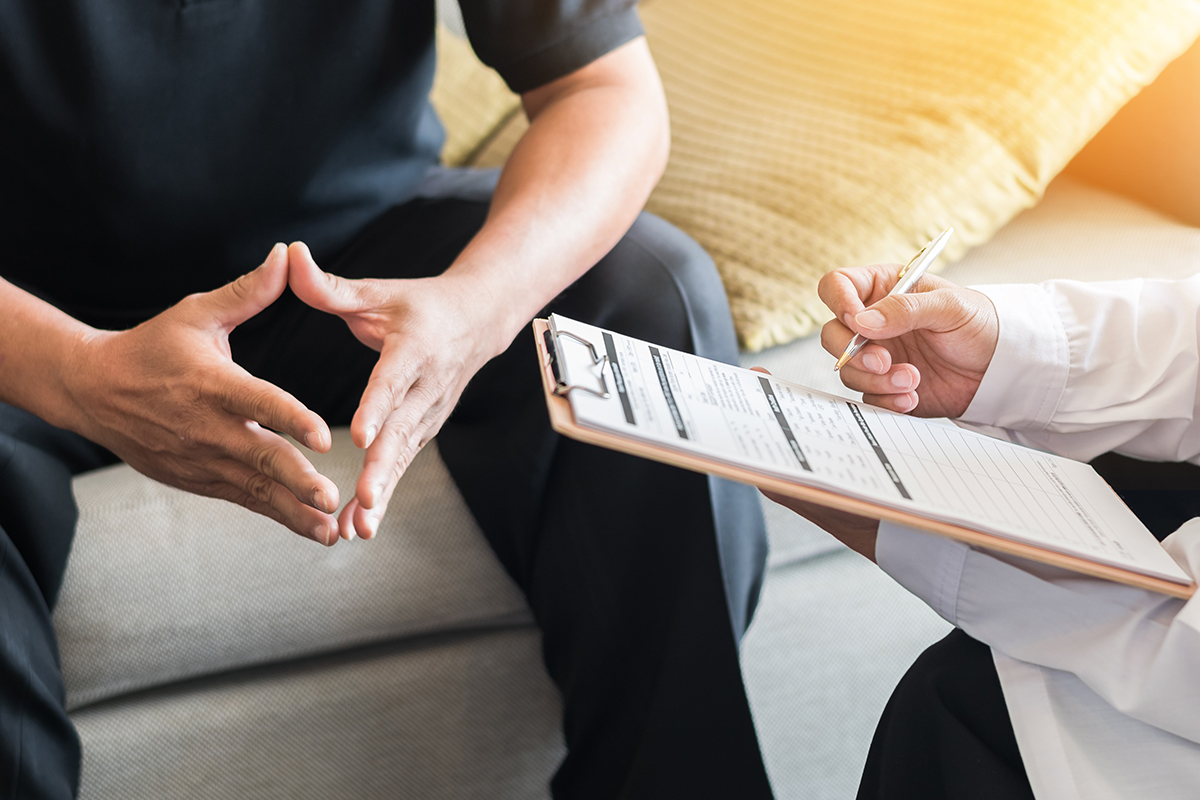
Mental Health Awareness Week (MIAW) is an annual event that takes place during the first week of October. The goal of the week is to raise awareness of mental health conditions, fight discrimination, and provide support to those affected by mental illness. Mental health conditions affect millions of Americans each year, and the number of people affected continues to rise. This week is an important opportunity to learn more about these conditions and how we can all help improve the lives of those living with them.
What is Mental Illness?
Mental illness is a condition that affects a person’s thinking, feelings and/or mood. It can lead to a wide range of symptoms, including changes in behavior, energy levels, concentration, appetite, and sleep. Mental illness can affect anyone at any time, but often starts during the teenage years or young adulthood.
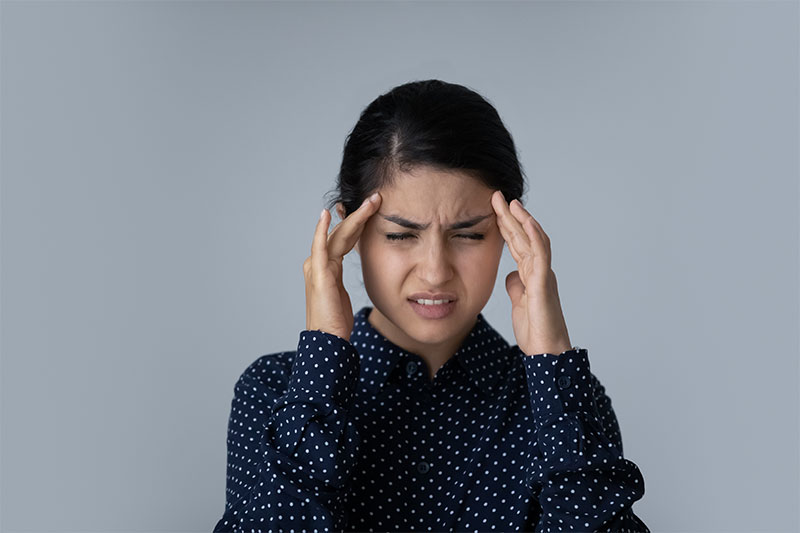

There are many different types of mental illness. The most common types are:
Depression: Depressed people often feel sad, hopeless and worthless. They may lose interest in activities they used to enjoy and have trouble sleeping or eating.
Anxiety disorders: People with anxiety disorders often feel extremely worried or anxious all the time and have trouble controlling their fears. This can lead to problems such as avoiding social situations, panic attacks and problems with sleeping and eating.
Bipolar disorder: People with bipolar disorder experience extreme mood swings, from mania (a high period where they feel very happy and energetic) to depression (a low period where they feel very sad and hopeless).
Schizophrenia: Schizophrenia is a condition that causes people to see, hear or believe things that aren’t real. They may also have trouble thinking clearly, managing their feelings and relating to others.
Common Behaviors Associated With Mental Health Disorders:
Mental health conditions can often be difficult to spot, as many people with these conditions may seem perfectly normal from the outside. However, there are some behaviors that can be warning signs of a mental illness. If you notice that a friend, family member, or acquaintance is displaying any of the following behaviors, they may be struggling with a mental health condition:
- Excessive worry or anxiety
- Mood swings or erratic behavior
- Difficulty concentrating or making decisions
- Social isolation or withdrawing from friends and family
- Persistent feelings of sadness or emptiness


How Can You Help Someone Cope With A Mental Health Disorder?
The common misconceptions and stigmas surrounding mental health disorders cause many to feel alone and misunderstood. It’s crucial to remember that people with mental health disorders are just that: people. They are the friends, family members, co-workers, and neighbors we all know.
If you believe someone you know is struggling with a mental health condition, the best thing you can do is offer your support. Let them know that you care and are there for them, and offer to help them find resources and treatment. It can be challenging to cope with a mental illness, but with the right support, it is possible to manage the condition and live a happy and productive life.
Mental Health Treatment At Gulf Coast Health Center
By providing access to affordable care, Gulf Coast Health Center is helping to reduce the stigma associated with mental illness by making it easier for people to get the help they need. Through Counseling, Psychiatric Evaluations, Medication Management, and Substance Abuse Treatment, the Doctors and Staff at GCHC provide people with the support they need to manage their mental health disorders and live healthy, happy, and productive lives. Call today to Schedule an Appointment with one of our Mental Health Professionals!
